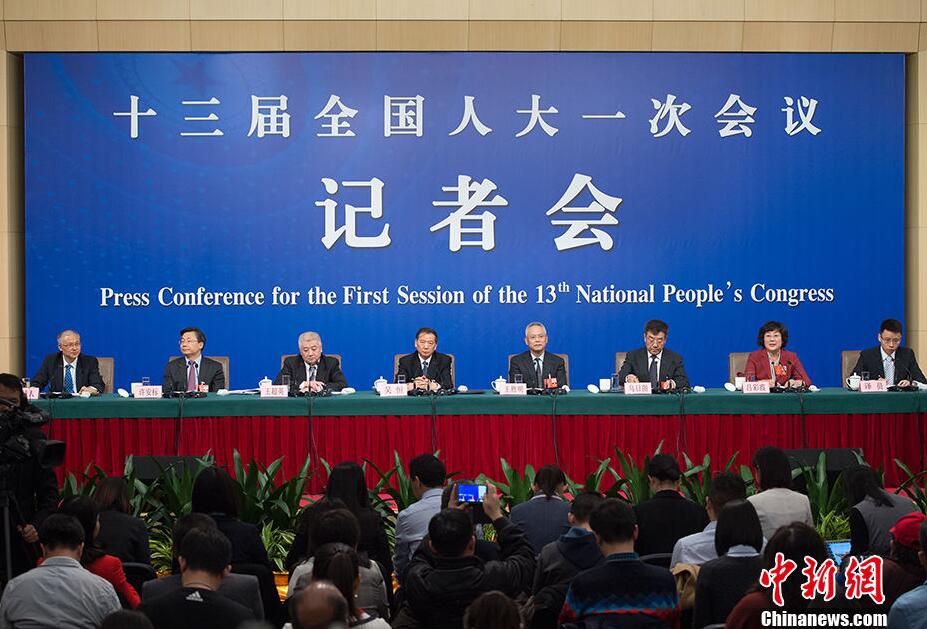
Short-term memory, long-term memory. Cognitive psychology regards memory as the process of coding, storing and extracting input information by the human brain. Memory is divided into three systems: instantaneous memory, short-term memory and long-term memory, which is based on the different ways of encoding, storing and extracting information, as well as the different length of information storage time.
What are the three memory systems: memory is also regarded as the process of the human brain encoding, storing and extracting input information, and according to the different ways of coding, storing and extracting information, as well as the different length of information storage time, memory is divided into instantaneous memory, short-term memory and long-term memory. A system.
What are the three memory systems? According to the different ways of encoding, storing and extracting information, and the different length of information storage time, memory is divided into three systems: instantaneous memory, short-term memory and long-term memory.
The three stages of memory are sensory memory, short-term memory and long-term memory. Sensory memory: Sensory memory refers to the information we receive through various sensory organs, such as vision, hearing, touch, taste and smell.
What are the three memory systems? According to the different ways of coding, storage and extraction of information, and the different length of information storage time, memory is divided into instantaneous memory, short-term memory and long-term memory. Remember the three systems.
The coding method of instantaneous memory, that is, the way instantaneous memory remembers information, is the image of external stimuli. Because the information of instantaneous memory is first registered in the sensory channel in the form of sensory images, instantaneous memory has a distinct image. The capacity of instantaneous memory is large, but the retention time is very short.
Perception is the cognitive process of giving meaning through information. ( 2) Working memory. It is the memory of processing and encoding information in the human brain within a minute. The holding time is about 5 seconds to 1 minute. Short-term memory also includes direct memory and working memory.

Weber's score), which is only applicable to medium-intensity stimuli, which is different from the Weber's score of sensory organs (2) Fechner's Law: 1860, using the differential threshold as the unit of sensation, a stimulus was measured. The difference threshold contained is believed to be the psychological intensity caused by this stimulus.
The concept of memory is the psychological process of accumulating, preserving and extracting individual experience in the mind.From storing into the brain to extracting and applying again, this complete process is collectively called memory.
Long-term memory refers to the memory maintained for more than a minute after external stimuli appear in a very short time. Features: The capacity of memory is unlimited, whether it is the type or quantity of information. Coding Semantic coding: Use words to process information and organize coding according to the meaning of the material.
Memory and memory process Definition: It is the reaction of past experience in the mind. Past experience refers to the perception of things, thinking about problems, the emotional experience caused by things, and the actions that have been carried out in the past. Function: It is the root of wisdom and the cornerstone of psychological development.
Hearthstone arena-APP, download it now, new users will receive a novice gift pack.
Short-term memory, long-term memory. Cognitive psychology regards memory as the process of coding, storing and extracting input information by the human brain. Memory is divided into three systems: instantaneous memory, short-term memory and long-term memory, which is based on the different ways of encoding, storing and extracting information, as well as the different length of information storage time.
What are the three memory systems: memory is also regarded as the process of the human brain encoding, storing and extracting input information, and according to the different ways of coding, storing and extracting information, as well as the different length of information storage time, memory is divided into instantaneous memory, short-term memory and long-term memory. A system.
What are the three memory systems? According to the different ways of encoding, storing and extracting information, and the different length of information storage time, memory is divided into three systems: instantaneous memory, short-term memory and long-term memory.
The three stages of memory are sensory memory, short-term memory and long-term memory. Sensory memory: Sensory memory refers to the information we receive through various sensory organs, such as vision, hearing, touch, taste and smell.
What are the three memory systems? According to the different ways of coding, storage and extraction of information, and the different length of information storage time, memory is divided into instantaneous memory, short-term memory and long-term memory. Remember the three systems.
The coding method of instantaneous memory, that is, the way instantaneous memory remembers information, is the image of external stimuli. Because the information of instantaneous memory is first registered in the sensory channel in the form of sensory images, instantaneous memory has a distinct image. The capacity of instantaneous memory is large, but the retention time is very short.
Perception is the cognitive process of giving meaning through information. ( 2) Working memory. It is the memory of processing and encoding information in the human brain within a minute. The holding time is about 5 seconds to 1 minute. Short-term memory also includes direct memory and working memory.

Weber's score), which is only applicable to medium-intensity stimuli, which is different from the Weber's score of sensory organs (2) Fechner's Law: 1860, using the differential threshold as the unit of sensation, a stimulus was measured. The difference threshold contained is believed to be the psychological intensity caused by this stimulus.
The concept of memory is the psychological process of accumulating, preserving and extracting individual experience in the mind.From storing into the brain to extracting and applying again, this complete process is collectively called memory.
Long-term memory refers to the memory maintained for more than a minute after external stimuli appear in a very short time. Features: The capacity of memory is unlimited, whether it is the type or quantity of information. Coding Semantic coding: Use words to process information and organize coding according to the meaning of the material.
Memory and memory process Definition: It is the reaction of past experience in the mind. Past experience refers to the perception of things, thinking about problems, the emotional experience caused by things, and the actions that have been carried out in the past. Function: It is the root of wisdom and the cornerstone of psychological development.
Hearthstone Arena class tier list 2024
author: 2025-02-22 16:06Hearthstone arena deck Builder
author: 2025-02-22 16:06 Hearthstone Arena Tier List
Hearthstone Arena Tier List
182.71MB
Check 100 free bonus casino no deposit GCash
100 free bonus casino no deposit GCash
175.29MB
Check UEFA EURO
UEFA EURO
591.47MB
Check UEFA TV
UEFA TV
267.83MB
Check UEFA Champions League live streaming free
UEFA Champions League live streaming free
392.17MB
Check Casino Plus free 100
Casino Plus free 100
969.36MB
Check casino plus free 100
casino plus free 100
172.98MB
Check 100 free bonus casino no deposit GCash
100 free bonus casino no deposit GCash
777.75MB
Check Hearthstone Arena class tier list 2024
Hearthstone Arena class tier list 2024
342.28MB
Check TNT Sports
TNT Sports
381.72MB
Check UEFA European championship
UEFA European championship
874.22MB
Check Hearthstone Arena win rate
Hearthstone Arena win rate
566.44MB
Check UEFA TV
UEFA TV
852.57MB
Check UEFA Europa League
UEFA Europa League
758.15MB
Check UEFA Champions League standings
UEFA Champions League standings
399.98MB
Check Casino Plus login register
Casino Plus login register
176.36MB
Check Hearthstone arena class win rates reddit
Hearthstone arena class win rates reddit
151.16MB
Check LR stock price Philippines
LR stock price Philippines
822.13MB
Check Bingo Plus stock
Bingo Plus stock
743.46MB
Check European Cup live
European Cup live
157.92MB
Check Europa League app
Europa League app
284.39MB
Check UEFA live free
UEFA live free
356.23MB
Check Casino redeem
Casino redeem
389.45MB
Check Europa League app
Europa League app
178.71MB
Check Arena Plus login
Arena Plus login
355.31MB
Check Hearthstone Arena win rate
Hearthstone Arena win rate
928.46MB
Check UEFA Champions League live streaming free
UEFA Champions League live streaming free
386.54MB
Check Hearthstone arena
Hearthstone arena
838.67MB
Check UEFA Europa League
UEFA Europa League
548.96MB
Check Europa League app
Europa League app
815.69MB
Check Casino Plus GCash login
Casino Plus GCash login
393.23MB
Check UEFA Champions League
UEFA Champions League
282.68MB
Check TNT Sports
TNT Sports
449.26MB
Check casino plus free 100
casino plus free 100
994.59MB
Check Hearthstone Wild Decks
Hearthstone Wild Decks
417.71MB
Check Champions League
Champions League
942.43MB
Check
Scan to install
Hearthstone arena to discover more
Netizen comments More
66 Casino free 100 no deposit
2025-02-22 16:18 recommend
1075 App to watch Champions League live free
2025-02-22 15:52 recommend
1354 Europa League app
2025-02-22 15:37 recommend
2317 Walletinvestor digi plus
2025-02-22 15:25 recommend
2605 Casino Plus app
2025-02-22 14:06 recommend